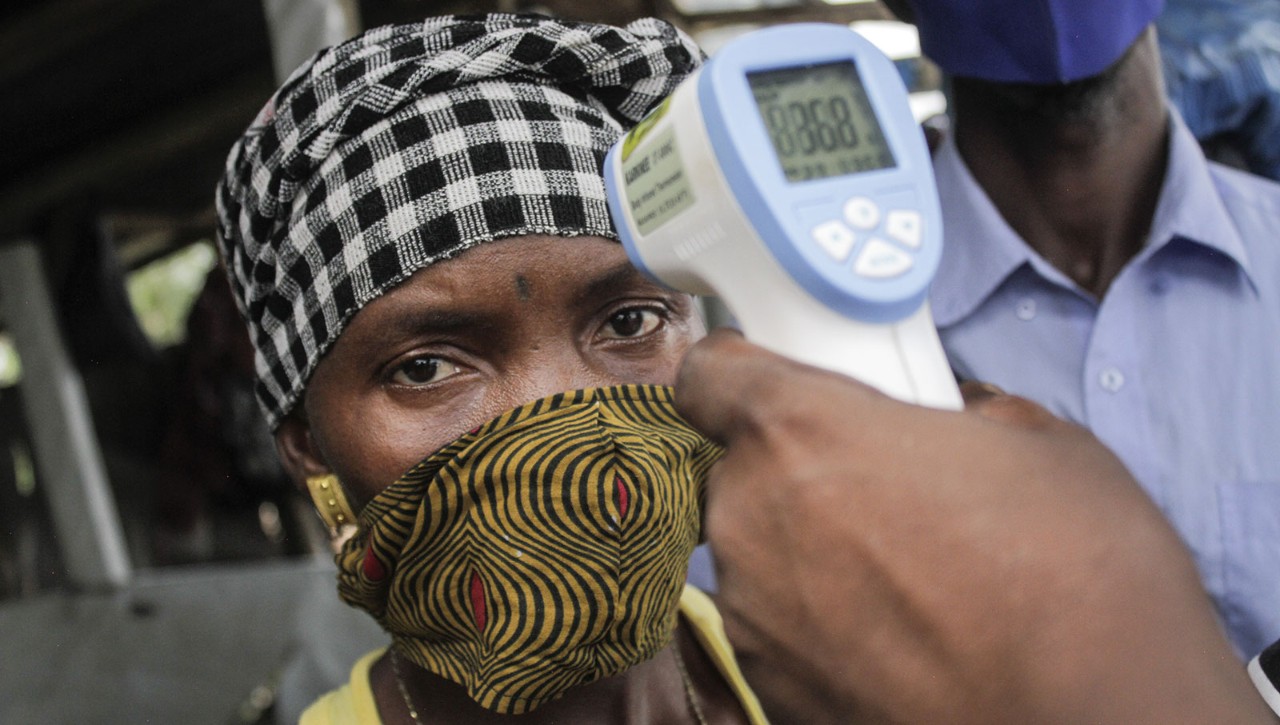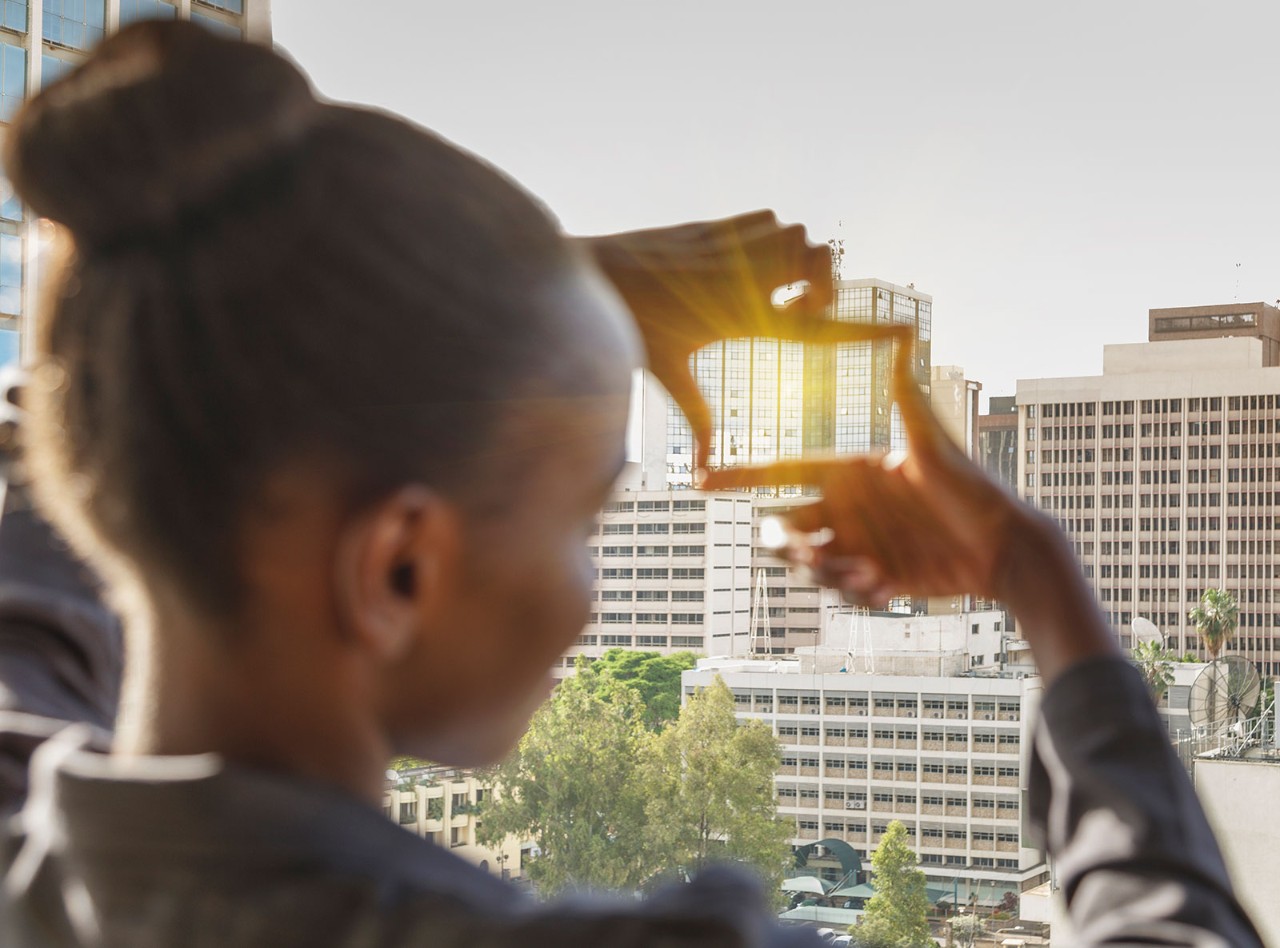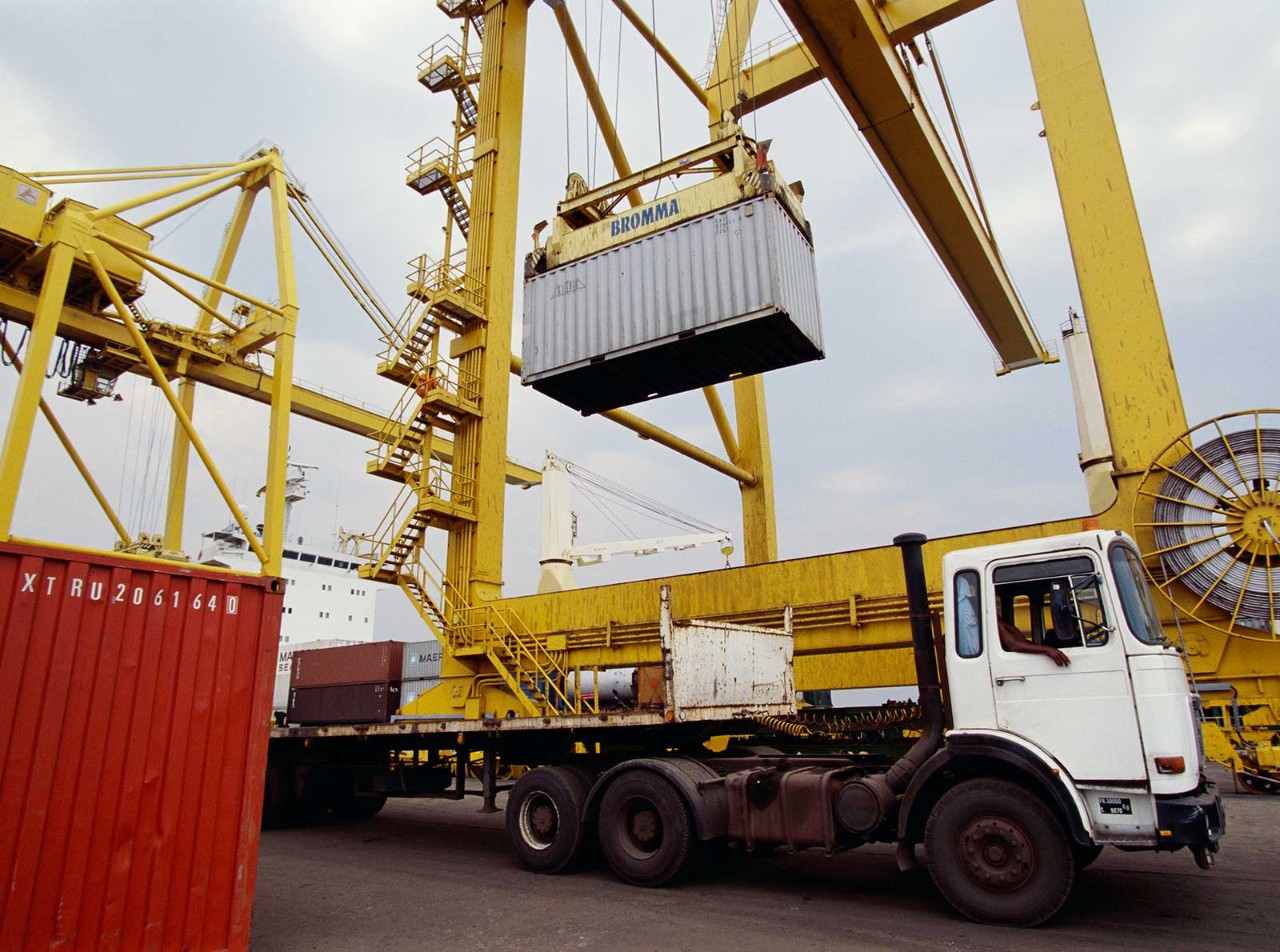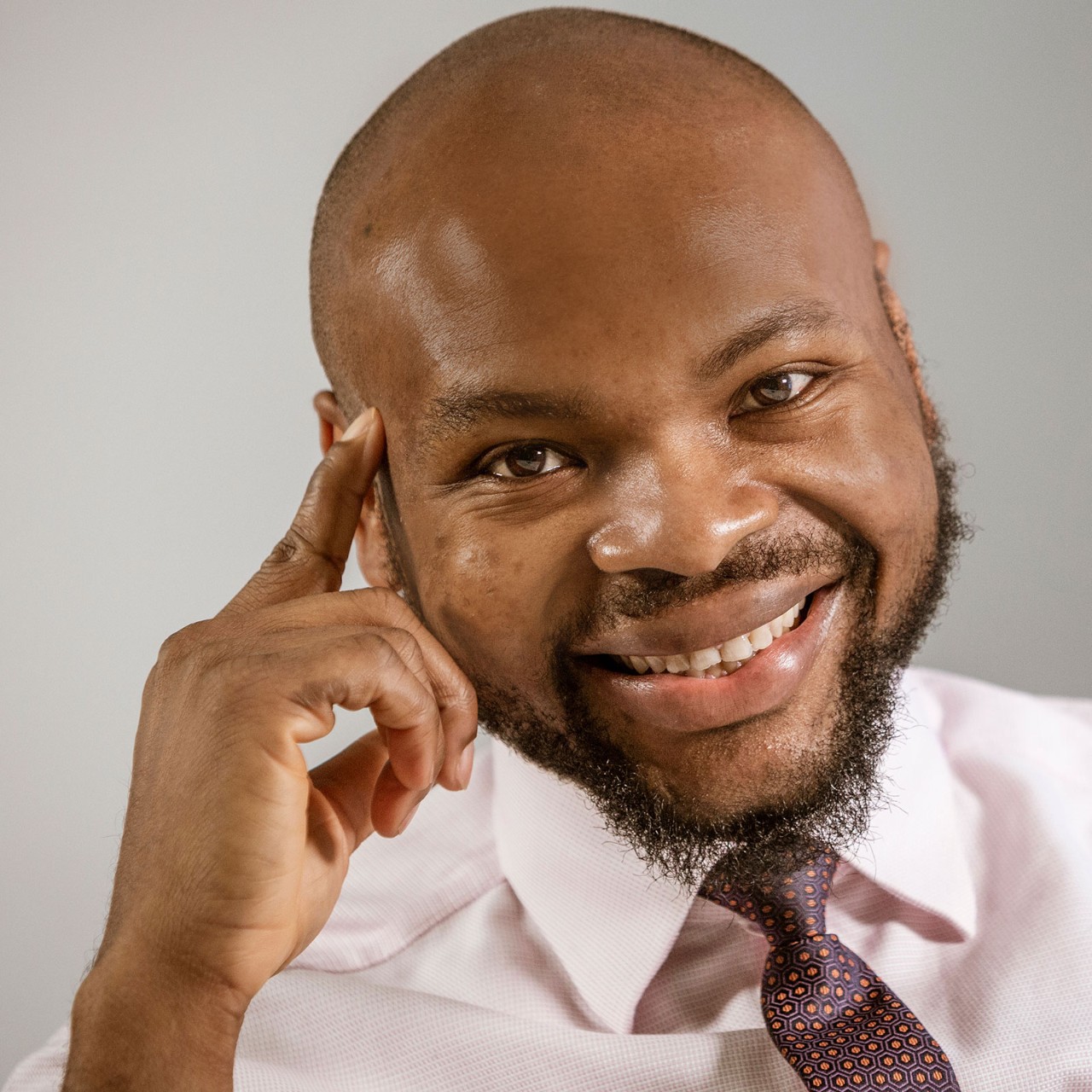
The new year, 2021, can be said to be an optimistic one, analogous to a rollercoaster on the rise again after hurtling downwards. The continent and the world have seen the worst that came with the Covid-19 pandemic. As we start the year, countries are rolling out mass immunisation programmes in a bid to achieve the herd immunity that will see off the coronavirus.
Assuming two doses of vaccine per person, the continent needs 1.6 billion doses to vaccinate 60% of its population of 1.3 billion and build a herd immunity that can contain the pandemic, according to the Africa Centre of Disease Control and Prevention. The World Health Organization (WHO) estimates the cost of rolling out the vaccine to the continent’s priority population at around US$5.7bn – an expensive exercise that raises affordability concerns for African countries.
There is also concern about access to the vaccine. The WHO-supported Covax funding alliance to facilitate access to and deployment of Covid-19 vaccines on a fair and equitable basis for 92 low and middle-income economies may only manage to get hold of two billion doses by the end of 2021. At time of writing, Covax has secured only 300 million vaccines in partnership with the African Union, with another 300 million doses expected mid-year.
Covax is the initiative that many African countries are expected to use to access the vaccine at an affordable cost. If Covax can manage only limited vaccine access this year, that spells doom for the ability of African populations to build herd immunity in 2021. Yet herd immunity in all countries is important because it provides the foundation of a stable recovery path out of the negative pandemic effects.

Revenue collection has shrunk during the pandemic while many countries have already racked up debt with their 2020 economic stabilisation programmes
Bankrolling bounceback
Even if the vaccination programme does provide the foundation for economic recovery, African countries will also have to come up with an economic stimulus programme that can build a long-term recovery. During the course of 2020, some African economies came up with economic stimulus packages to mitigate the immediate effects of the pandemic. While that response was about stabilising economies from pandemic slump and cushioning vulnerable people and businesses, stimulus packages this year must address economic growth, unemployment and increased investment for a quick bounceback.
The question that lingers is where these economies will marshal the financial resources to put together the measured stimulus response needed. They need to turn their economies towards a path of sustainable economic growth but revenue collection has shrunk during the pandemic while many countries have already racked up debt with their 2020 stimulus programmes.
The way forward will be complicated by elections in a number of countries this year. These are always highly volatile events in Africa, and often create disruption to economic stability. Several countries facing elections this year accordingly face an even more uncertain outlook about a sustainable recovery path.


